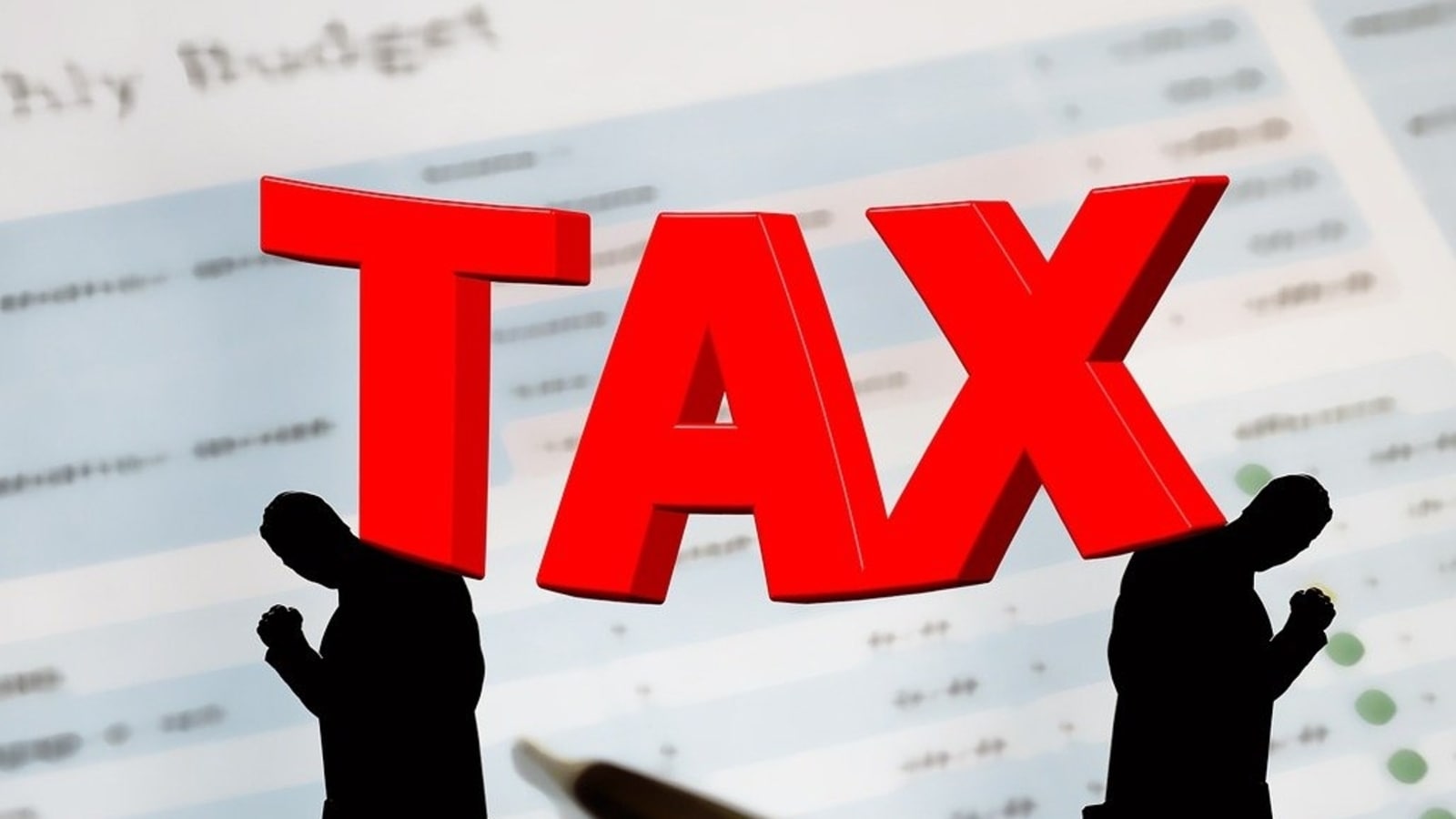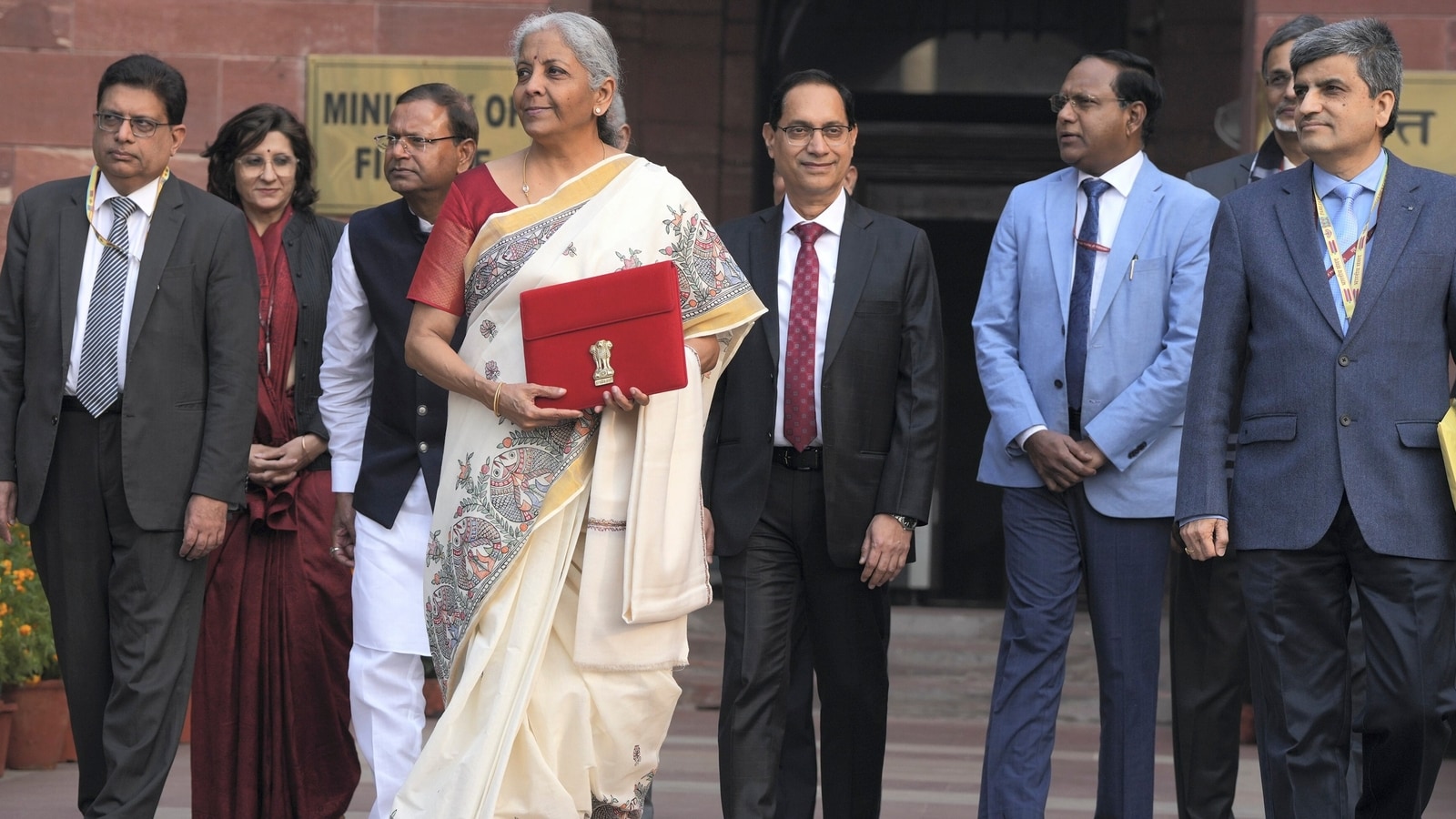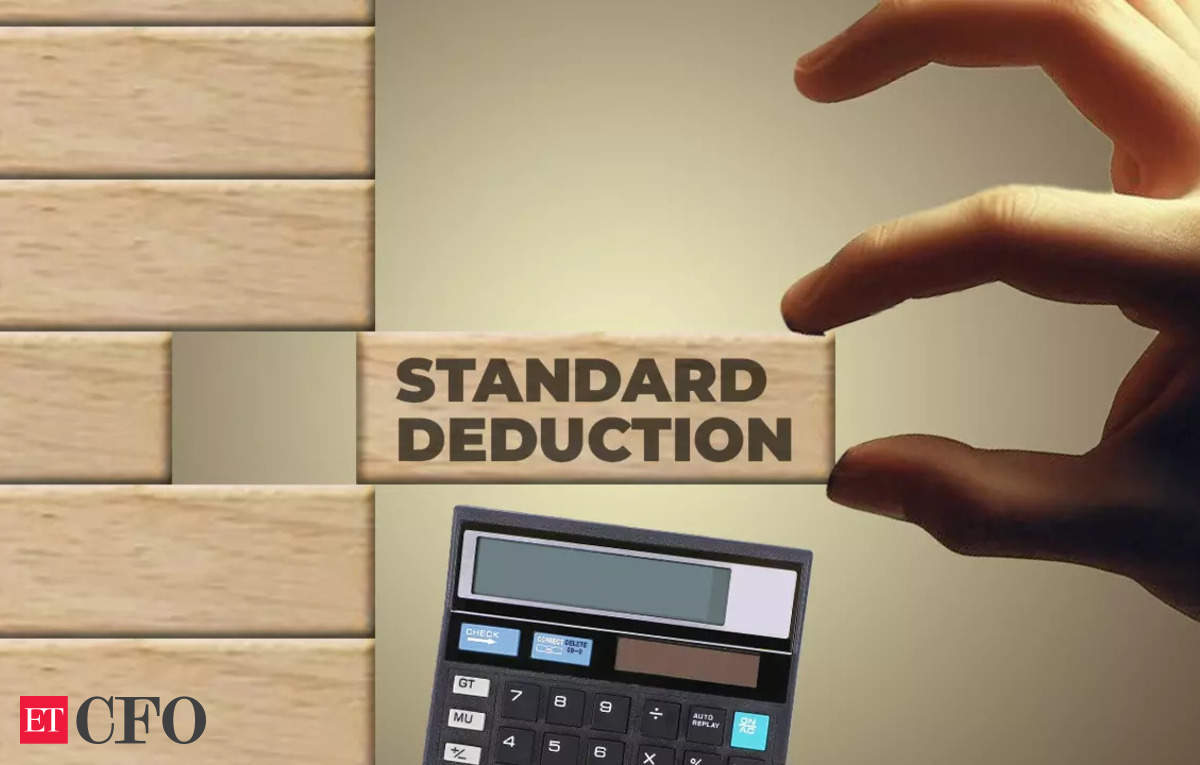Full form of TDS is Tax Deducted at Source. If your are a businessman then you must be aware with TDS on Purchase of Goods as per section 194Q of Income Tax Act 1961
Section 194Q: Deduction of tax at source on payment of certain sum for purchase of goods.
We are explaining section 194Q here from the act as well as its interpretation in easy language as below:
194Q. (1) Any person, being a buyer who is responsible for paying any sum to any resident (hereafter in this section referred to as the seller) for purchase of any goods of the value or aggregate of such value exceeding fifty lakh rupees in any previous year, shall, at the time of credit of such sum to the account of the seller or at the time of payment thereof by any mode, whichever is earlier, deduct an amount equal to 0.1 per cent of such sum exceeding fifty lakh rupees as income-tax.
Applicability: Section 194Q applies to any person, referred to as the buyer, who is responsible for paying any sum to a resident seller for the purchase of goods exceeding Rs.50 Lakh in any previous year. Here Aggregate word is important, to calculate limit of Rs.50Lakh, consolidate the purchase value in a financial year
Rate of TDS: The buyer is required to deduct TDS at the rate of 0.1% of the sum exceeding 50 lakh rupees.
- at the time of credit of such sum to the account of the seller or
- at the time of payment thereof by any mode, whichever is earlier.
If the seller does not provide a Permanent Account Number (PAN) or Aadhaar Number, the TDS rate increases to 5%
Explanation.—For the purposes of this sub-section, “buyer” means a person whose total sales, gross receipts or turnover from the business carried on by him exceed ten crore rupees during the financial year immediately preceding the financial year in which the purchase of goods is carried out, not being a person, as the Central Government may, by notification in the Official Gazette, specify for this purpose, subject to such conditions as may be specified therein.
Definition of Buyer: The term "buyer" refers to a person whose Total Sale from the business carried on by him exceed 10 crore rupees during the financial year immediately preceding the financial year in which the purchase of goods is carried out.
So section 194Q is not applicable on the buyer having Total Turnover less than 10 Crore in a preceding financial year
(2) Where any sum referred to in sub-section (1) is credited to any account, whether called “suspense account” or by any other name, in the books of account of the person liable to pay such income, such credit of income shall be deemed to be the credit of such income to the account of the payee and the provisions of this section shall apply accordingly.
Deemed Credit of Income: If the sum referred to in sub-section (1) is credited to any account, whether called "suspense account" or by any other name, in the books of account of the person liable to pay such income, such credit of income shall be deemed to be the credit of such income to the account of the payee.
(3) If any difficulty arises in giving effect to the provisions of this section, the Board may, with the previous approval of the Central Government, issue guidelines for the purpose of removing the difficulty.
(4) Every guideline issued by the Board under sub-section (3) shall, as soon as may be after it is issued, be laid before each House of Parliament, and shall be binding on the income-tax authorities and the person liable to deduct tax.
(5) The provisions of this section shall not apply to a transaction on which—
(a) tax is deductible under any of the provisions of this Act; and
(b) tax is collectible under the provisions of section 206C other than a transaction to which sub-section (1H) of section 206C applies.]
Exemptions: The provisions of Section 194Q do not apply to transactions on which tax is deductible under any other provisions of the Income Tax Act or tax is collectible under Section 206C, except for transactions covered under sub-section (1H) of Section 206C (TCS on sale of Goods)
Enroll in our Practical TDS & TCS course for complete knowledge :
Click to Read Clarification Circular issued in 2021
Let’s Understand with an example:
- Buyer: ABC Ltd., a manufacturing company with total sales exceeding 10 crore rupees.
- Seller: XYZ Enterprises, a local supplier of raw materials.
Transaction Details:
- ABC Ltd. purchases raw materials worth ₹60 lakh from XYZ Enterprises during the financial year 2024-25.
Calculation of TDS Amount u/s 194Q:
- Total purchase amount = ₹60,00,000
- Threshold limit (₹50 lakh) = ₹50,00,000
- Amount exceeding threshold = Total purchase amount – Threshold limit = ₹60,00,000 – ₹50,00,000 = ₹10,00,000
- TDS rate = 0.1%
- TDS amount = 0.1% of ₹10,00,000 = ₹10,00
Deducting TDS:
- ABC Ltd. is required to deduct TDS of ₹10,00 from the payment made to XYZ Enterprises for the purchase of goods.
Payment to the Seller:
- ABC Ltd. must pay the net amount (after deducting TDS) to XYZ Enterprises for the purchase of goods.
Compliance:
- ABC Ltd. is responsible for depositing the deducted TDS amount to the government within the specified due dates.
- ABC Ltd. must also file TDS returns and provide a TDS certificate to XYZ Enterprises as proof of tax deduction.
Read more about Due dates of TDS & TCS payment and return filing
💁🏼 Learn GST, Income Tax, ITR, Accounting, Tally, Trademark, TDS Returns: https://cagurujiclasses.com 📞 Call at 9150010400 (only for courses)
Adjustment for GST, purchase returns
It is requested to clarify that whether adjustment is required to be made for GST or purchase returns for the purpose of tax deduction under section 194Q of the Act. Vide circular no 17 of 2020 dated 29th Sept 2020 it was clarified that no adjustment on account of GST is required to be made for collection of tax under sub-section (IH) of section 206C of the Act since the collection is made with reference to receipt of amount of sale consideration.
However, the situation is different so far as TDS is concerned. It has been clarified in circular no 23 of 2017 dated 19th July 2017 as under
“wherever in terms of the agreement or contract between the payer and the payee, the component of ‘GST on services’ comprised in the amount payable to a resident is indicated separately, tax shall be deducted at source under Chapter XVII-B of the Act on the amount paid or payable without including such ‘GST on services’ component. GST for these purposes shall include Integrated Goods and Services Tax, Central Goods and Services Tax, State Goods and Services Tax and Union Territory Good~ and Services Tax. “
Accordingly with respect to TDS under section 194Q of the Act, it is clarified that when tax is deducted at the time of credit of amount in the account of seller and in terms of the agreement or contract between the buyer and the seller, the component of GST comprised in the amount payable to the seller is indicated separately, tax shall be deducted under section 194Q of the Act on the amount credited without including such GST. However, if the tax is deducted on payment basis because the payment is earlier than the credit, the tax would be deducted on the whole amount as it is not possible to identity that payment with GST component of the amount to be invoiced in future.
Further, with respect to purchase return it is clarified that the tax is required to be deducted at the time of payment or credit, whichever is earlier. Thus, before purchase return happens, the tax must have already been deducted under section 194Q of the Act on that purchase. If that is the case and against this purchase return the money is refunded by the seller, then this tax deducted may be adjusted against the next purchase against the same seller. No adjustment is required if the purchase return is replaced by the goods by the seller as in that case the purchase on which tax was deducted under section 194Q of the Act has been completed with goods replaced.
Whether non-resident can be buyer under section 194Q of the Act?
It is requested to clarity if the provisions of section 194Q of the Act shall apply to a buyer being a non-resident. To remove difficulties, it is clarified that the provisions of section 194Q of the Act shall not apply to a non-resident whose purchase of goods from seller resident in India is not effectively connected with the permanent establishment of such nonresident in India. For this purpose, “permanent establishment” shall mean to include a fixed place of business through which the business of the enterprise is wholly or partly carries on.
Whether tax is to be deducted when the seller is a person whose income is exempt
It is requested to clarify if the provisions of section 194Q of the Act shall apply to a seller whose income is exempt. To remove difficulty, it is clarified that the provisions of ~ection 194Q of the Act shall not apply on purchase of goods from a person, being a seller, who as a person is exempt from income tax under the Act (like person exempt under section 10) or under any other Act passed by the Parliament (Like RBI Act, ADB Act etc.).
Similarly, with respect to sub-section (1 H) of section 206C of the Act, it is clarified that the provisions of this sub-section shall not apply to sale of goods to a person, being a buyer, who as a person is exempt from income tax under the Act (like person exempt under section 10) or under any other Act passed by the Parliament (Like RBI Act, ADB Act etc.).
The above clarifications would not apply if only part of the income of the person (being a seller or being a buyer, as the case may be) is exempt.
Whether tax is to be deducted on advance payment?
It is requested to clarify if the provisions of section 194Q of the Act shall apply to advance payment made by the buyer. It is clarified that since the provisions apply on payment or credit whichever is earlier, the provisions of section 194Q of the Act shall apply to advance payment made by the buyer to the seller.
Whether provisions of section 194Q of the Act shall apply to buyer in the year of incorporation?
It is requested to clarifY if the provisions of section 194Q of the Act shall apply to a buyer in the year of its incorporation. It is clarified that under section 194Q of the Act a buyer is required to have total sales or gross receipts or turnover from the business carried on by him exceeding ten crore rupees during the financial year immediately preceding the financial year in which the purchase of good is carried out. Since this condition would not be satisfied in the year of incorporation, the provisions of section 194Q of the Act shall not apply in the year of incorporation.
Whether provIsIons of section 194Q of the Act shall apply to buyer if the turnover from business is 10 crore or less?
It is requested to clarify if the provisions of section 194Q of the Act shall apply to a buyer who has turnover or gross receipt exceeding Rs 10 crore but total sales or gross receipts or turnover from business is Rs 10 crore or less. It is clarified that for the purposes of section I94Q of the Act, a buyer is required to have total sales or gross receipts or turnover from the business carried on by him exceeding ten crore rupees during the financial year immediately preceding the financial year in which the purchase of good is carried out. Hence, the sales or gross receipts or turnover from business carried on by him must exceed Rs 10 crore. His turnover or receipts from non-business activity is not to be counted for this purpose.
Cross application of section 194-0, sub-section (lH) of section 206C and section 194Q of the Act.
It is requested to clarify how section 194-0, sub-section (IH) of section 206C and section 194Q of the Act, apply on the same transaction.
Under sub-section (3) of section 194-0 of the Act, a transaction in respect of which tax has been deducted by the e-commerce operator under sub-section (I), or which is not liable to deduction under sub-section (2), shall not be liable to tax deduction at source under any other provision of chapter XVII of the Act.
Under second proviso to sub-section (I H) of section 206C of the Act, provisions of this sub-section shall not apply, if the buyer is liable to deduct tax at source under any other provisions of this Act on the goods purchased by him from the seller and has deducted such tax.
Under sub-section (5) of section 194Q of the Act, the provision of this section shall not apply to a transaction on which
(i) tax is deductible under any of the provisions of this Act; and
(ii) tax is collectible under the provisions of section 206C, other than a transactions on which sub-section (I H) of section 206C applies
After conjoint reading of all these provisions the following is clarified:
(i) If tax has been deducted by the e-commerce operator on a transaction under section 194-0 of the Act [including transactions on which tax is not deducted on account of sub-section (2) of section 194-0], that transaction shall not be subjected to tax deduction under section 194Q of the Act.
(ii) Though sub-section (IH) of section 206C of the Act provides exemption from TCS if the buyer has deducted tax at source on goods purchased by him, to remove difficulties it is clarified that this exemption would also cover a situation where instead of the buyer the e-commerce operator has deducted tax at source on that transaction of sale of goods by seller to buyer through e-commerce operator.
(iii) If a transaction is both within the purview of section 194-0 of the Act as well as section 194Q of the Act, tax is required to be deducted under section 194-0 of the Act and not under section 194Q of the Act.
(iv) Similarly, if a transaction is both within the purview of section 194-0 of the Act as well as sub-section (I H) of section 206C of the Act, tax is required to be deducted under section 194-0 of the Act. The transaction shall come out of the purview of subsection (I H) of section 206C of the Act after tax has been deducted by the e-commerce operator on that transaction. Once the e-commerce operator has deducted the tax on a transaction, the seller is not required to collect the tax under sub-section (I H) of section 206C of the Act on the same transaction. It is clarified that here primary responsibility is on e-commerce operator to deduct the tax under section 194-0 of the Act and that responsibility cannot be condoned if the seller has collected the tax under sub-section (I H) of section 206C of the Act. This is for the reason that the rate of TDS under section 194-0 is higher than rate of TCS under sub-section (I H) of section 206C ofthe Act.
(v) If a transaction is both within the purview of section 194-Q of the Act as well as sub-section (I H) of section 206C of the Act, the tax is required to be deducted under section 194-Q of the Act. The transaction shall come out of the purview of sub-section (1 H) of section 206C of the Act after tax has been deducted by the buyer on that transaction. Once the buyer has deducted the tax on a transaction, the seller is not required to collect the tax under sub-section (I H) of section 206C of the Act on the same transaction.
However, if, for any reason, tax has been collected by the seller under sub-section (I H) of section 206C of the Act, before the buyer could deduct tax under section 194-Q of the Act on the same transaction, such transaction would not be subjected to tax deduction again by the buyer. This concession is provided to remove difficulty, since tax rate of deduction and collection are same in section 194Q and subsection (IH) of section 206C of the Act.
Visit www.cagurujiclasses.com for practical courses












TDS on 10,00,000 @.1% is 1,000 not 10,000.